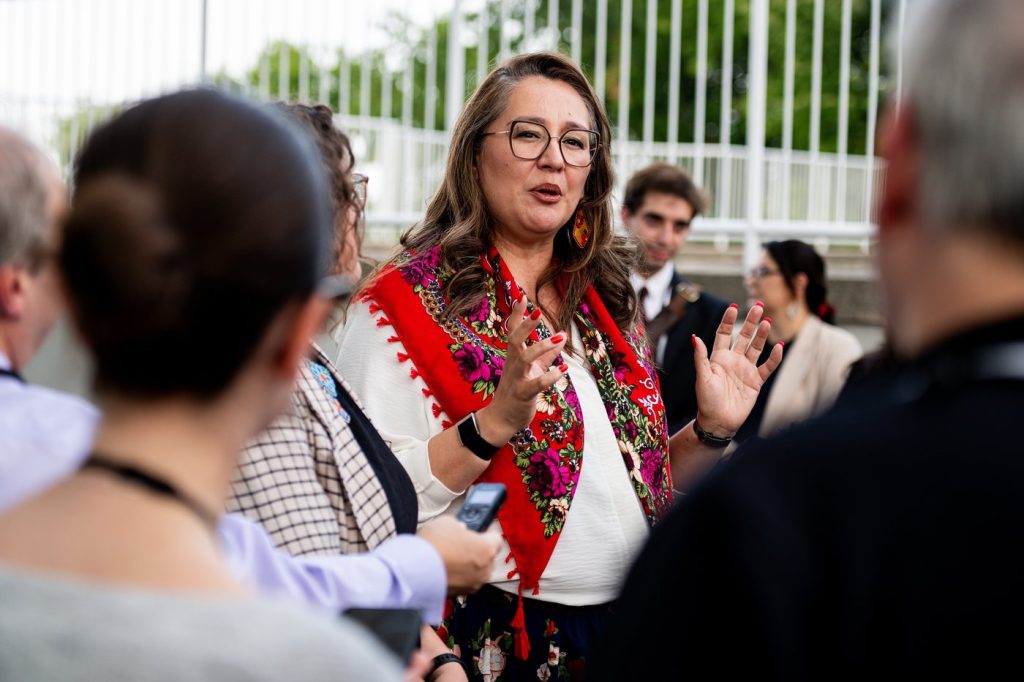The Canadian government is appealing to the Federal Court to overturn a directive issued by the Canadian Human Rights Tribunal. This order mandates that Ottawa collaborates with First Nations to reform the child welfare system, a matter that has been at the center of a lengthy legal struggle spanning nearly two decades. The recent push by the federal government comes in the wake of an August ruling by the tribunal, which represents a significant moment in a protracted battle that began with a joint human rights complaint in 2007, filed by the Assembly of First Nations and the Caring Society.
The 2007 complaint concluded that the federal government had discriminated against First Nations children by significantly underfunding the on-reserve child welfare system. Following this finding, there is a growing urgency for the government to address the systemic issues that affect these children, primarily through a reformation of the welfare framework. Nevertheless, progress toward establishing a new child welfare agreement faced setbacks last year when First Nations rejected a comprehensive $47.8 billion deal proposed by the federal government.
In May, the federal government contended that the expectations being placed upon it were "unreasonable," which led to deadlock in negotiations. The tribunal has now explicitly stated that Ottawa cannot simply afford to delay or ignore the proceedings. The tribunal emphasized that a collaborative approach is critical, signaling that the time for action has come and that waiting is not an option.
Moreover, the tribunal has indicated that if the federal government remains unwilling to renew negotiations, alternative avenues may be pursued. Specifically, the Assembly of First Nations, the Caring Society, and the newly constituted National Children's Chiefs’ Commission could separately present an evidence-based reform plan to the tribunal. This aspect highlights the urgency and potential for independent action from First Nations if a cooperative agreement cannot be reached.
In response to these developments, Indigenous Services Minister Mandy Gull-Masty has expressed the government’s intent to reform the child welfare system in partnership with First Nations communities. Through a statement on social media, she announced that the current filing with the Federal Court would facilitate a reform process that is “flexible, sustainable, and inclusive of all partners.” This declaration points toward the government’s recognition of the need for a collaborative approach, yet raises questions about the effectiveness of their intended reforms in light of the ongoing challenges with negotiations.
This complex situation showcases the intricate interplay between government mandates, the rights and needs of First Nations communities, and the overarching issue of child welfare in Canada. As the legal battle continues, the focus will remain on Ottawa's ability to address the tribunal’s order and to secure a child welfare system that meets the needs of First Nations children adequately and equitably.










